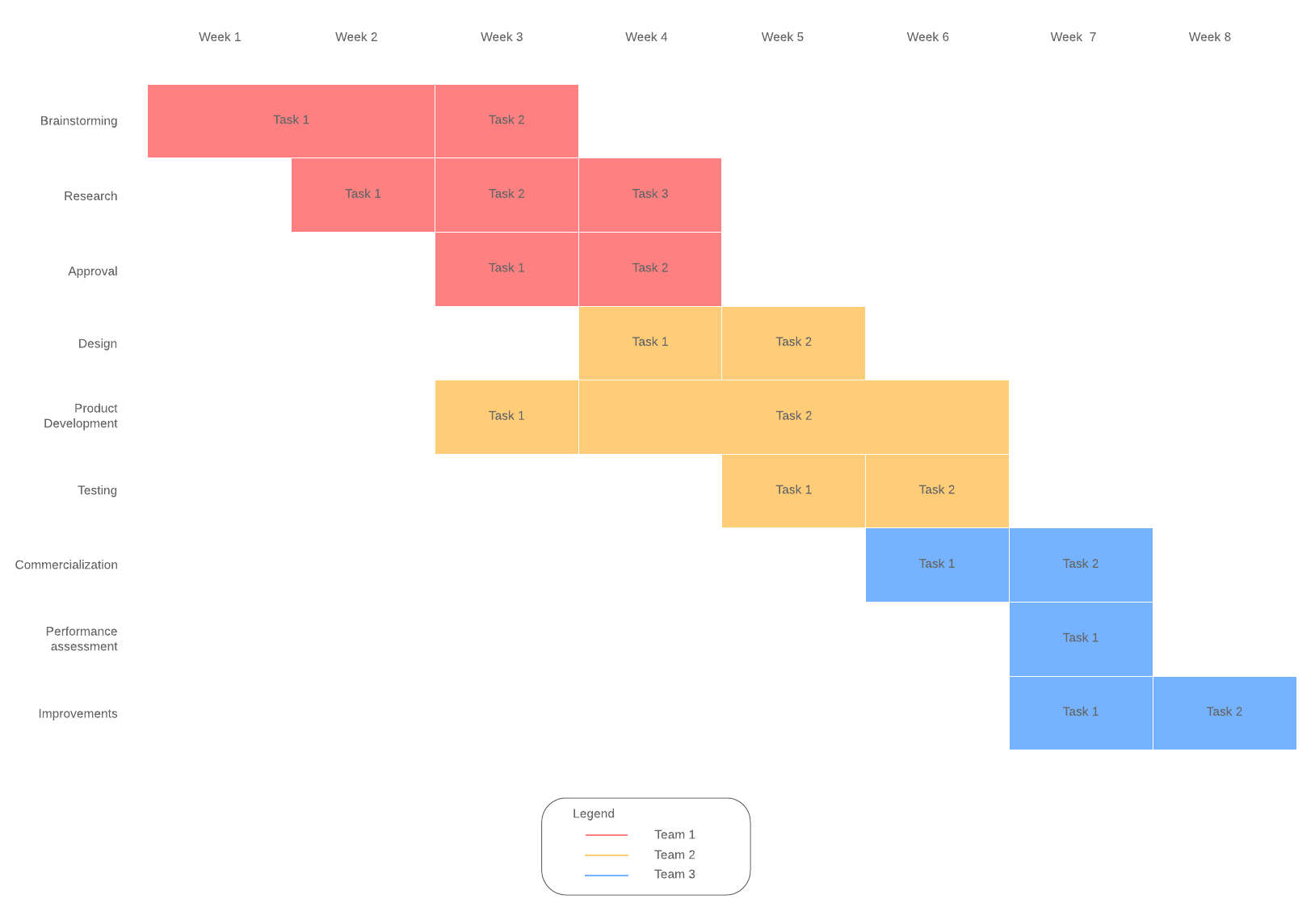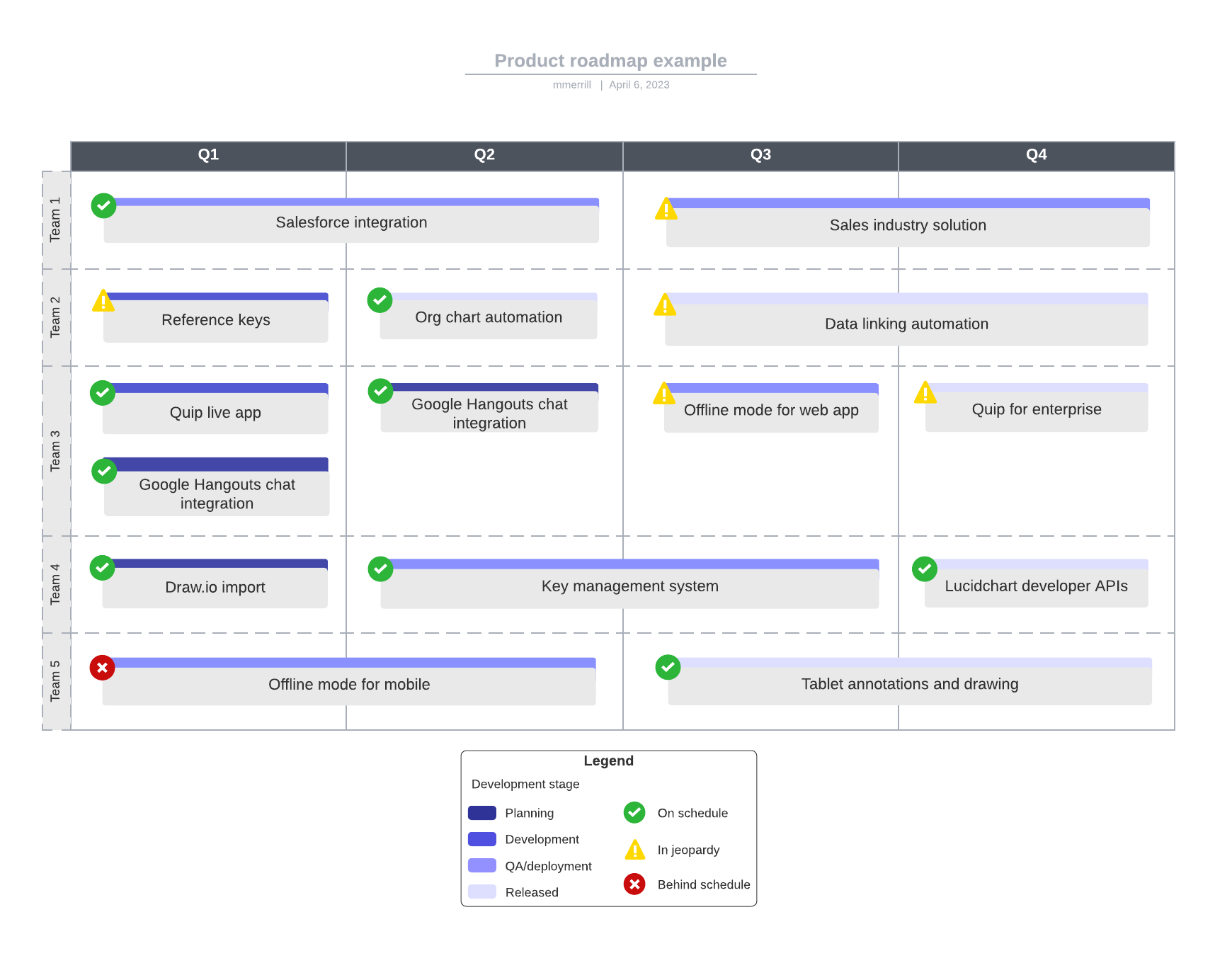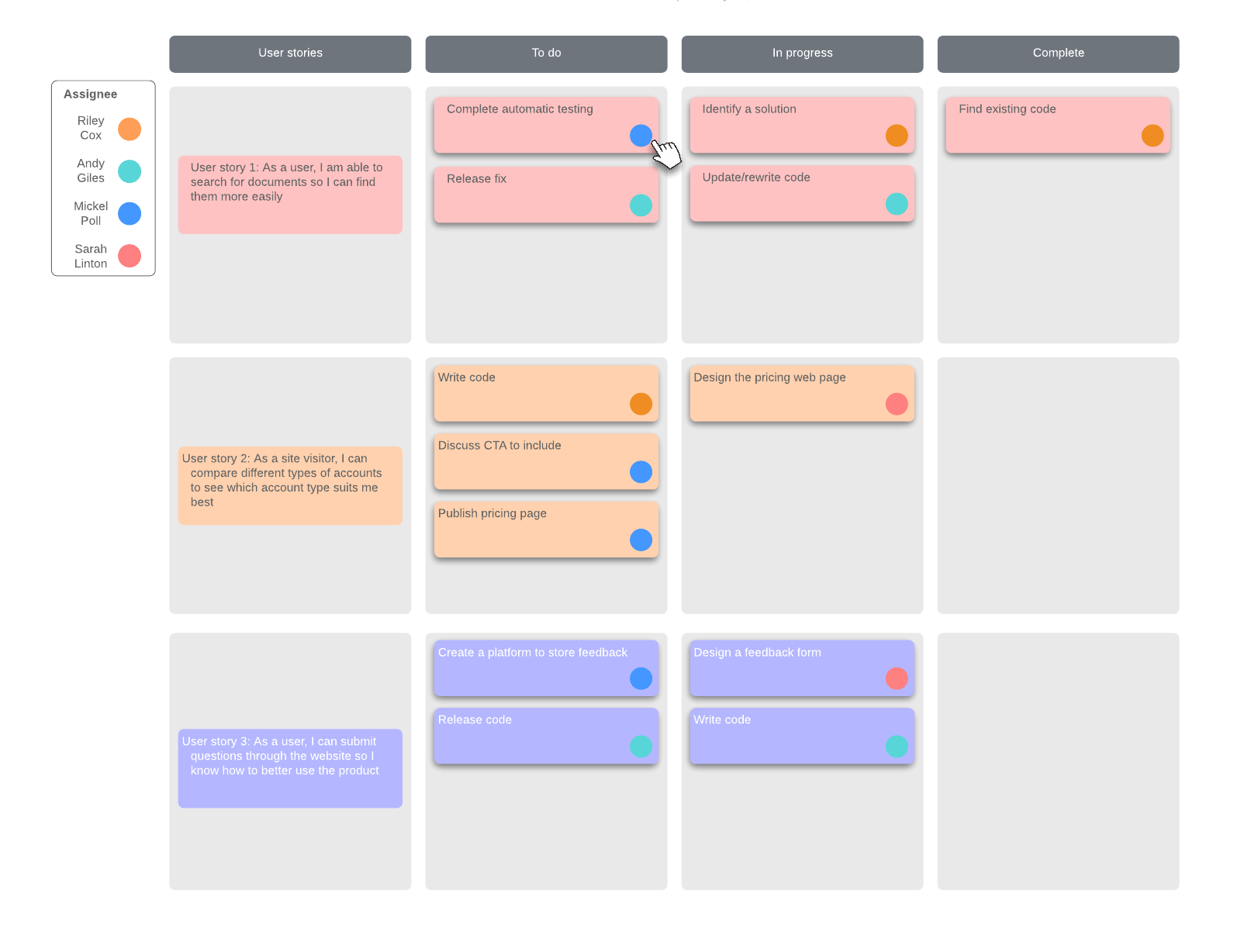Have you ever wondered “Why is project management important?”
If you’ve never worked with a project manager before, it can be tempting to forego the expense in favor of managing a project yourself. After all, project management can be a hefty financial investment, so why not just do it yourself?
But that would be a mistake.
A good project manager is the glue that holds a project together and ensures objectives are met on time, on budget, and to a high quality standard. According to the Project Management Institute (PMI), organizations that don’t properly include project management in their strategies have more than a 60% higher rate of overall failure.
Failed projects can quickly derail your initiatives and delay or even prevent business growth.
Project management is more than simply tracking deadlines and setting a budget. A good project manager takes control of a project from beginning to end, ensuring that the initiatives and goals are strategically aligned, the project has stakeholder support, and everyone is on the same page. So why is project management important? Let’s break it down.
What is project management?
To understand why project management is important, we first need to define exactly what project management is.
PMI defines project management as “ the application of knowledge, skills, tools, and techniques to project activities to meet the project requirements.” A basic project management lifecycle covers four stages:
- Initiation
- Planning
- Execution
- Closure
In other words, the purpose of project management is to plan and manage a project to successfully complete its listed goals and deliverables. It involves identifying and managing risks, carefully managing resources, smart budgeting, and clear communication across multiple teams and stakeholders.
Why is project management important?
Because projects are often complex and involve numerous stakeholders, having a project manager to lead the initiative and keep everyone on the same page is critical to project success.
In fact, PMI found that organizations using any type of project management methodology are better at meeting budget and staying on schedule while meeting scope, quality standards, and expected benefits.
So why manage projects so methodically?
Here are six reasons why you should use project management.
1. Realistic project planning
The need for project management during the planning phase cannot be overstated. Too often, organizations overestimate how quickly they can achieve deliverables, underestimate the costs, or both—a recipe for failure.
A good project manager considers the big picture and sets realistic and achievable goals, budgets, and timelines. Without careful management, a project can quickly get off track before it has even begun.
To set realistic goals, budgets, and timelines, the project manager communicates with different stakeholders to understand the strategic priorities and business objectives of the initiative. Based on their research, the project manager then outlines a project plan that balances those priorities within the constraints of time and budget. This process involves cost estimation, resource management, and risk assessment.

2. Clear focus and objectives
Project managers help organizations hone in on their priorities and define their project objectives. This is critical work because avoiding project scope creep is a top-three driver of project success.
When project management is left to the team, the scope and objectives can easily get muddled. Unclear focus can lead to scope creep, missed deadlines, and overspending.
Plus, without a project manager to oversee the project plans and task breakdowns, many teams may not notice potential risk factors as they arise. If they don’t address evolving project risks, the team could end up prioritizing the wrong tasks.
A good project manager keeps an eye on all these factors so that the team can focus on the right tasks at the right time and adapt as needed.
3. Strategic alignment
One of the most important reasons to use project management is to align projects with business strategy. Mark Langley, the president and CEO of PMI cautions, “If your organization is not good at project management, you’re putting too much at risk in terms of ultimately delivering on strategy.”
In other words, project management is a driver of organizational strategy. So if you aren’t applying it to your initiatives, you are missing a crucial opportunity to grow.
As project managers oversee the planning and execution of a project, they help ensure the project’s overall goals and its subsequent tasks and milestones all align with the organization’s strategy. Strategic alignment at every level of the project keeps each stakeholder on the same page and ensures your initiatives drive the organization forward.

4. Managed process
Project management is a proactive process that seeks to help the right people do the right tasks at the right time. Without a set project management method, many teams tend to work reactively—handling issues as they arise rather than proactively planning for known risks and setting project goals and parameters from the beginning.
Project managers help teams break down a project into more manageable pieces. By breaking the project into a clear process of assigned tasks, milestones, and deadlines, project managers can direct their teams more efficiently and react to issues with greater agility.
5. Quality control
Quality control is an essential component of project management. Your project could meet all parameters for time and budget, but if the quality standards aren’t met, the project will be deemed a failure.
Unfortunately, this is an all-too-easy trap to fall into. Teams are under a lot of pressure to finish a project on time and on budget. And this can lead to rushed work and shoddy execution.
That’s where project managers come in. They not only manage deadlines and objectives, but they also keep an eye on how well project tasks are executed. Project managers help outline deliverables and define their quality standards so that everyone knows exactly what they’re aiming for.
6. Reduced costs
In 2021, according to PMI, 9.4% of every dollar invested was wasted due to poor project performance—that’s $94 million for every $1 billion invested.
This underscores the need for project management. Project management reduces project costs by improving efficiency, mitigating risks, and optimizing resources. Even with the added cost of investing in a project manager, organizations stand to gain much more.
Stay on track with Lucidchart
The right tools can make a big difference to a project’s success. Lucidchart is a cloud-based diagramming solution that helps project managers and their teams plan, track, and execute on their project deliverables.

You can use Lucidchart to create a variety of project management templates for each phase of your project including:
- Project checklists
- Project timelines
- Gantt charts
- Process flowcharts
- Sprint timelines
- Project dashboards
Ready-made project management templates and an extensive shape library make it easy to quickly customize your own dashboards and diagrams. Apply conditional formatting and link data directly to your document so you can track project progress in real time.
With the right project management and the right resources, you can set your projects up for success every time.

Learn why project managers love Lucidchart.
Go nowAbout Lucidchart
Lucidchart, a cloud-based intelligent diagramming application, is a core component of Lucid Software's Visual Collaboration Suite. This intuitive, cloud-based solution empowers teams to collaborate in real-time to build flowcharts, mockups, UML diagrams, customer journey maps, and more. Lucidchart propels teams forward to build the future faster. Lucid is proud to serve top businesses around the world, including customers such as Google, GE, and NBC Universal, and 99% of the Fortune 500. Lucid partners with industry leaders, including Google, Atlassian, and Microsoft. Since its founding, Lucid has received numerous awards for its products, business, and workplace culture. For more information, visit lucidchart.com.
Related articles
How to plan for success in your next project
If you haven't defined success for your project, you risk not meeting your stakeholders' expectations. Learn how you can define project success factors and build project plans around them.
The 4 phases of the project management life cycle
Learn about the 4 phases of the project management life cycle. Whether you’re working on a small project or a large, multi-departmental initiative, you can apply our tips to successfully take your projects from initiation to close.

